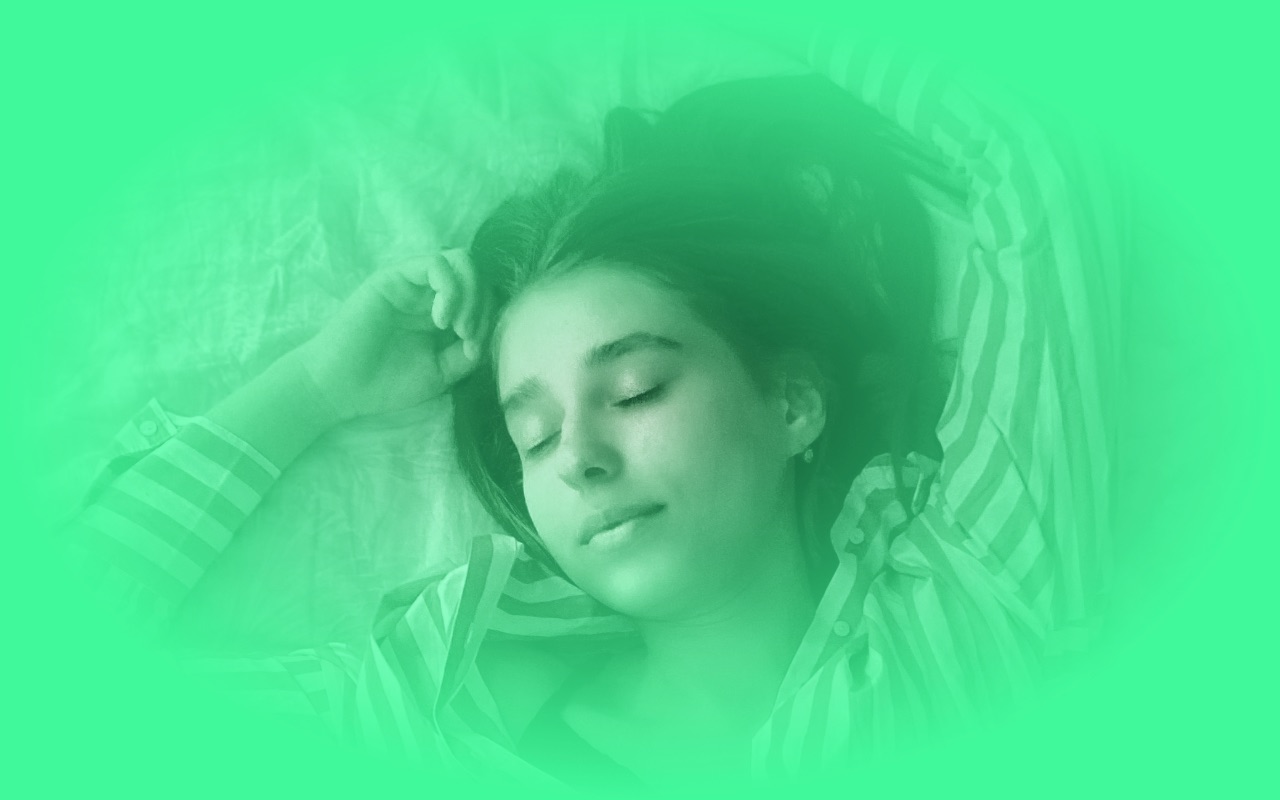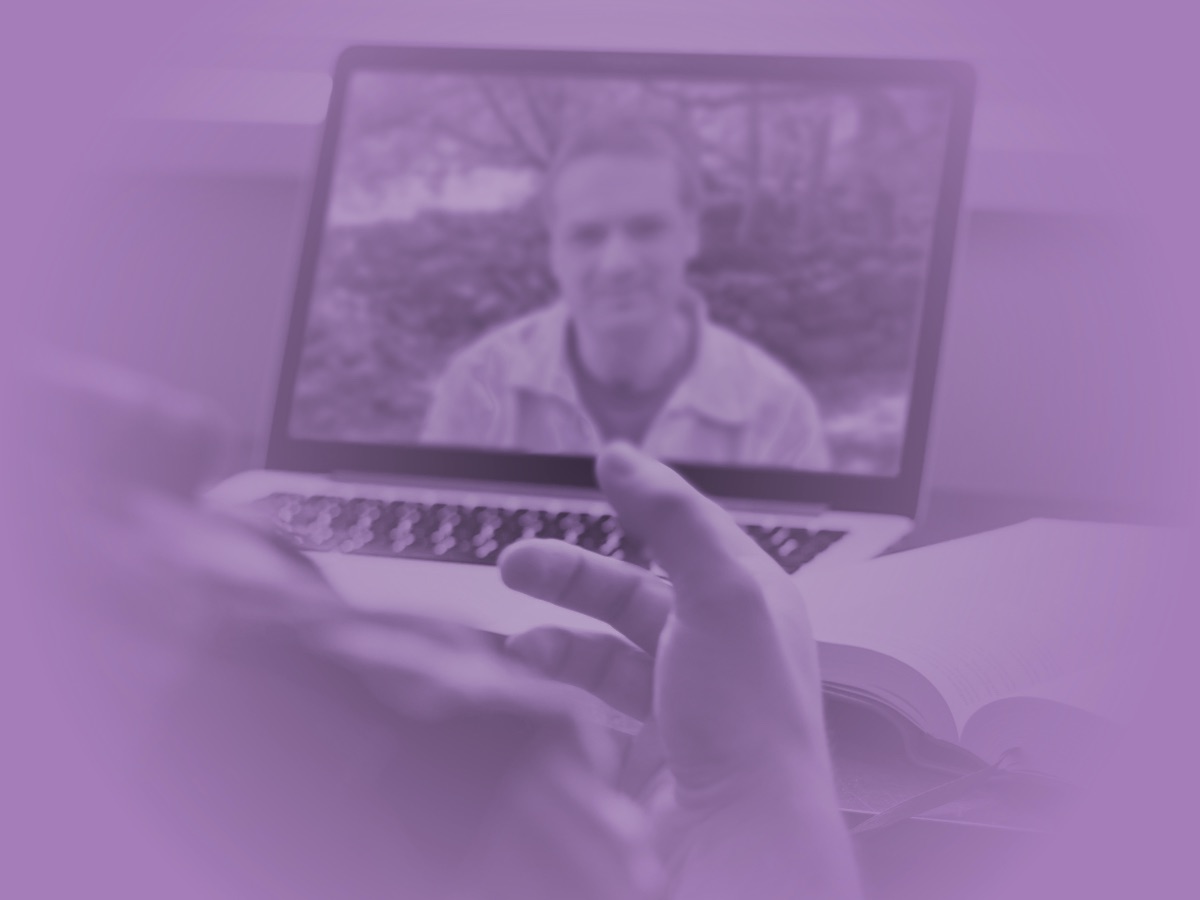Let me interpret your dreams
What are your dreams trying to tell you? Sometimes we can feel that a dream carries an important message but we are unsure what it is. We may even find it disturbing. But dreams are not there to mystify or frighten us. They are there to alert us to things that we are not seeing. I can help you unlock the hidden wisdom of your dreams and decode their symbols. I offer affordable email interpretations of dreams, based on the information you provide. Or, if you would like to talk about your dreams, I offer one hour online consultations. See details below.

An uninterpreted dream is like an unopened letter
Frequently asked questions
Dreams can tell us a range of different things, all of which are important and useful. They can tell us about unconscious processes going on inside us, which we are unaware of. They can reveal what is really important for us, when we are about to make an important decision. They can draw attention to what we really want but are ignoring. They can show us things about ourselves we are reluctant to accept yet, need to face. They can give us the answer to a problem we are struggling with, or make us aware of a problem we need to address.
However dreams can only do these things through the use of images and symbols, and we often struggle to understand these today. This is why interpretation is necessary: while the language of dreams is usually very clear and direct when we understand what it is saying, it can seem like a foreign language if we don’t.
The interpretations I give are broadly based on the work of the great Swiss psychoanalyst Carl Jung. Jung spent his life exploring the meaning of symbolism, and how it appears in our dreams. His book Man and His Symbols remains one the best popular introductions to the subject.
I take the view that the characters in dreams are usually aspects of ourselves. There are sometimes exceptions, but this is mostly the case. Thus, if you dream of your mother, the figure of your mother represents a part of yourself — the dream is not about your actual mother, or your relationship with her. And other people in dreams tend to represent parts of ourselves that we have not fully accepted or integrated (because, in the dream, we see these as ‘other’, rather than as ourselves). Places, too, can represent ourselves or, more specifically, our life. Our home, or a childhood home, is a familiar dream image and usually represents the person we are in the world. Thus when we dream of finding ‘secret rooms’ in that home — a very common dream experience — this may mean discovering aspects of ourselves that have remained hidden.
I don’t offer advice based on dreams, although I will explain what I sense a dream is trying to tell you. It is your choice whether to act on this interpretation or not. I take no responsibility for what you decide to do, but I will not offer interpretations that could lead to harmful consequences for you or others. If a dream seems to point to a negative experience, for instance the death of the dreamer, it is more likely to refer to the symbolic ending of something in your life, rather than actual death.
The more you tell me about yourself and your life, the more specific I can be in interpreting your dream. I need to know some basic information about you, and I ask this on the form for dream interpretations. This includes a question about your religious beliefs, as dream content can draw on, or relate to, the spiritual aspects of our lives.
All information is voluntary, and is treated with strict confidence. The more you can tell me about the background to the dream, too, the more accurately I can interpret it. For instance, if you dreamt about a horse, I need to know a little about what horses mean to you. The interpretation will be different if you are a professional equestrian, used to ride in your childhood, always wanted a pony, or are afraid of horses. A few moments spent thinking about what the people, places, and situations in your dream, and writing this in the form, helps enormously.
I was born into a family of dreamers. When I was a child we used to discuss dreams at the breakfast table. My father, sister and I also had precognitive dreams, where we saw something that subesquently came to happen. This began a lifelong fascination with dreams, and started me on a journey of exploration. In my teens, I discovered a knack for interpreting dreams. And I’ve been doing that now for forty years, improving my skills with practice, experience and study.
The purpose and meaning of dreams are still not fully understood scientifically, but there are several theories about why we dream. These range from the view that dreams are a way for our brains to process information from the day to the view that they reflect our unconscious drives, fears, and desires.
Dreams tend to happen during rapid eye movement (REM) sleep, which is a stage of sleep characterized by rapid eye movements and heightened brain activity. However, dreams can occur during other stages of sleep as well, although these are harder to recall.
I don’t take a view about what dreams are, although I follow research into dreams with interest. For me what is important is that we all dream, and that dreams present us with content that can be interpreted in meaningful ways. Dream content frequently presents a message that differs from how we are approaching our lives, and it can be beneficial to pay attention to this message.

Dreams help us discover our innermost selves

$25
Interpretation
A 350–500 word interpretation of one dream. Click below and fill in the form, providing information about yourself and your dream and I’ll get back with an interpretation in 3–5 days.

$100
Consultation
A one hour online video or audio consultation with me, where you can present one or more dreams and we can discuss them in detail. Click below to see available slots and make a booking.
©2024 anydreamwilldo.today